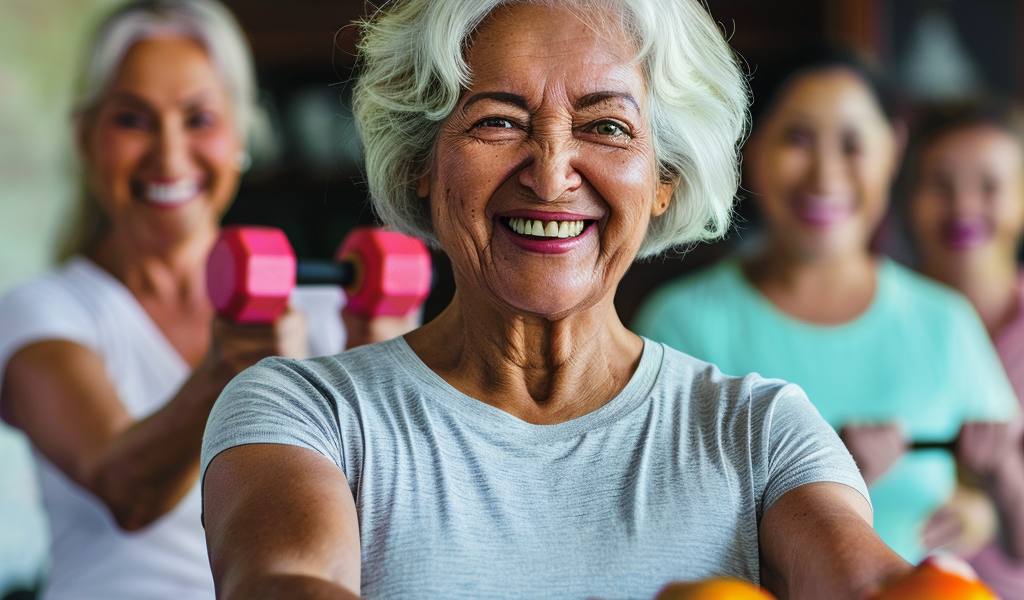Millions of women are ‘under-muscled’. These foods help build strength
If you’ve seen a loved one take a bad fall – like my mother did a few months ago – you know the importance of muscle strength.
Muscle mass peaks in our 30s and then starts a long, slow decline. Muscle-loss, also called sarcopenia, affects more than 45% of older Americans, especially women.
Loss of strength increases the risk of falling, the top cause of death from injury in older adults. The Office on Women’s Health recently launched a sarcopenia awareness campaign to elevate the issue.
The good news: No matter your age, you can take steps to maximize your strength. Resistance training is key, but equally important, is eating adequate amounts of protein.
If you don’t consume enough protein, ‘you’re missing half of the equation,’ says nutrition and exercise scientist Rachele Pojednic, a researcher at Stanford Lifestyle Medicine. But millions of older women in the U.S. don’t consume enough protein, research shows.
Protein is critically important because it’s in all our cells — including muscle cells — and our bodies constantly recycle it. There’s a steady demand for new supplies, and protein-rich foods provide the amino acids that become the building blocks of the new proteins our bodies need.
As we age, the goal is to consume protein from food at a faster rate than our body is breaking it down. When you add in resistance training, this will help maintain muscle mass, Pojednic says.
So how much is enough? The recommended intake is a minimum of 0.8 grams of protein per kilogram of body weight. That’s about 0.36 grams of protein multiplied by your weight in pounds. That means a person who weighs 150 pounds should consume at least 54 grams of protein a day.
But many experts say more is optimal. As we age, protein needs to increase. And if you are exercising a lot – which is the way to build new muscle — you may benefit from even more.
Sports medicine experts recommend up to 1.7 grams of protein per kilogram of body weight each day for people who are actively training, which is about 115 grams for a 150 pound person.
Most young adults tend to consume the recommended amounts of protein. But, later in life, a study from 2019 found about 30% of men in their 50s and 60s fall short, and nearly half of women aged 50 and older do.





